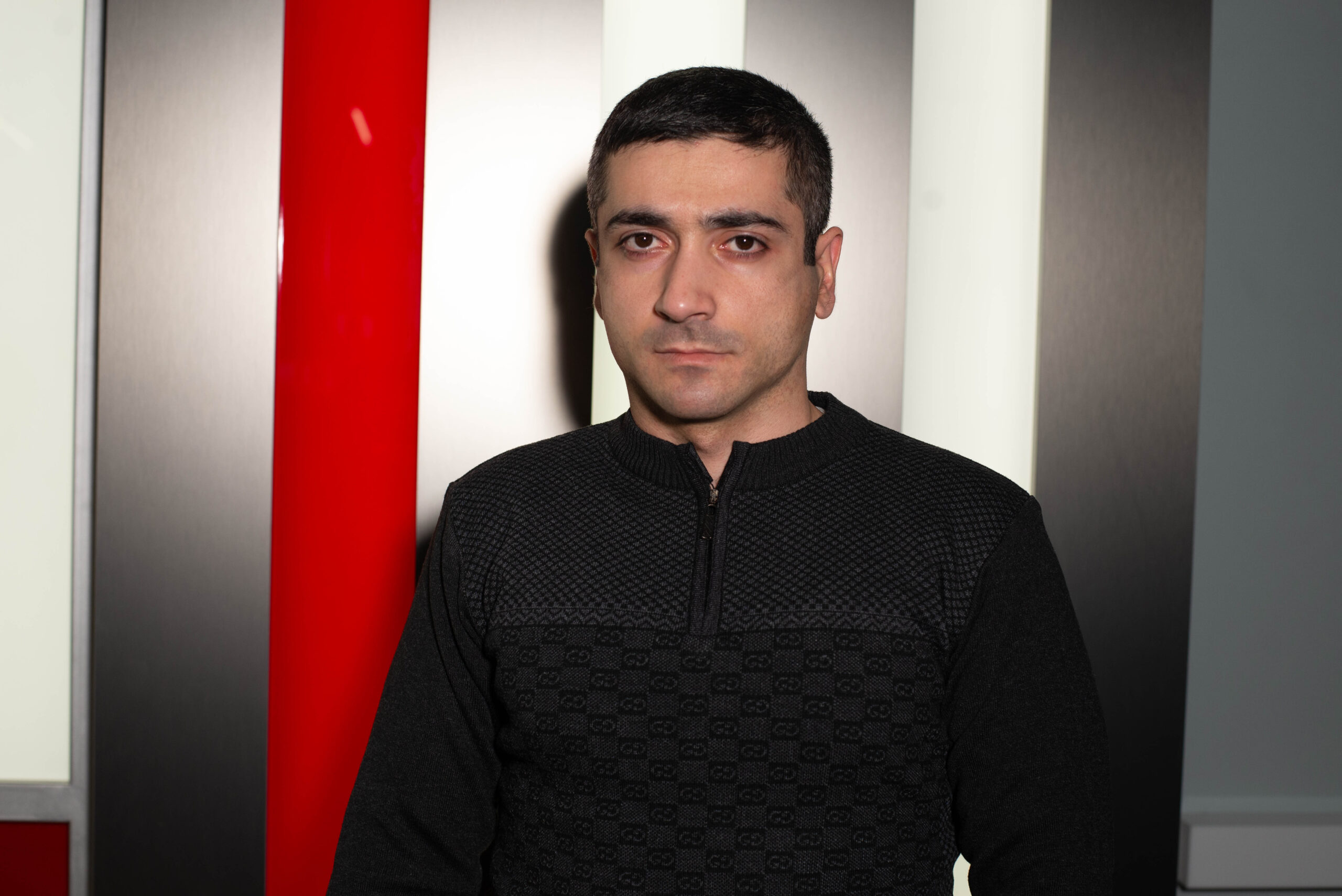
Putin’s visit to Azerbaijan: What was the purpose?
Recently, Russian President Vladimir Putin was on a one-day visit to Baku, where he met with Ilham Aliyev. One day after that meeting, Baku announced it had officially applied to join BRICS.
Before that, Sergei Shoigu, the former defense minister of Russia and currently the secretary of the country’s Security Council, had left for Baku immediately after his visit to Tehran.
Some theorists believe that the main purpose of Putin’s visit to Baku was related to economic and energy issues. According to them, due to sanctions imposed on Moscow, Putin’s dependence on such countries as Azerbaijan will increase for him to be able to enter the global market. In addition, they consider it probable that Moscow is trying to conclude an agreement with Baku on the supply of Russian gas to Azerbaijan. This would give Russia the opportunity to realize its gas surplus, which it cannot export to Europe due to sanctions. At the same time, Azerbaijan would be able to increase its gas export volumes into Europe, while using Russian gas for domestic needs. This viewpoint could be realistic if Russia really faced a problem with the sales of gas and oil products. Western officials themselves admit that Russia is not feeling the impact of the sanctions because Asia, China, India and a large number of other developing economies are ready to buy from Russia its surplus of fuel previously intended for Europe. In addition, there has been an agreement on gas supply between Azerbaijan and Russia for a long time. Thus, the parties could agree on increasing the volume of gas with just one call. For that, it would not be necessary for the Russian president to pay a one-day visit to Baku, especially in this difficult period for Russia when the Ukrainian forces have managed to invade Russian territories and a threat of nuclear power plant seizure has arisen.
Other analysts connect Putin’s visit to Baku with Moscow’s interest in the development of Armenian-Azerbaijani relations. According to them, Russia wants to control the road to be established between Azerbaijan and Nakhijevan, which will pass through Armenia; but Yerevan is against it. In fact, we are talking about the “Zangezur corridor” or the “Middle corridor”, which the Turkish-Azerbaijani tandem and the West are imposing on the present authorities. A question arises here: What could Putin’s visit to Baku do? Could Baku ever agree that Moscow would control the said corridor? Actually, no. First, because Azerbaijan may suffer from it. Controlling the corridor, Russia could use it as leverage against Baku. Moreover, Azerbaijan has common interests with Turkey and, why not, with the West regarding the “Zangezur corridor”. The West is able to prevent Baku from taking such a step with Moscow. So, although theoretically, Russia has an interest in controlling the “Zangezur corridor”, in fact, it has now lost all opportunities to advance its interest in this regard. Thus, all the claims that the Russian president’s visit to Baku could be connected with the “Zangezur corridor” are unreasonable and are not in tune with the current geopolitical realities.
The only reasonable explanation to Putin’s visit to Baku in this difficult period for Russia is the security factor. As we have already mentioned, Shoigu, the secretary of Russia’s Security Council, went to Baku before the Russian president’s visit. Before that, he had visited Tehran, the capital of Iran, and had held official meetings there. This came a week after Israel killed Hamas leader Ismail Haniyeh in Tehran. As a matter of fact, the visits of a high-ranking Russian official, first to Tehran and then to Baku, were connected with the possible escalation of the conflict between Iran and Israel. Moscow’s concern in this case could be due to the fact that during a possible conflict between Israel and Iran, Azerbaijan could covertly support Israel, which would immediately lead to Tehran’s retaliatory actions. In this case, serious preconditions for the outbreak of a global conflict would be created, to which Turkey and a number of other countries could join. Russia, which is already involved in the Ukrainian conflict, could not stay on the sidelines. And, precisely for this reason, Moscow had to take steps to ensure stability in its southern border regions. First, Shoigu went to Iran, conducted negotiations and came to Baku with certain messages from Iran. After that, there was a certain positive development in Baku in favor of neutrality. Then the visit of President Putin took place in order to finalize the preliminary agreements reached by Shoigu. It should not be ruled out that when Israel made a hasty decision to withdraw its troops stationed in Artsakh, it was not that much due to the fact that it lacked forces in Gaza, as some media said, but in fact, it is highly probable that Tehran and Moscow, in cooperation, instilled “peacefulness and neutrality” in Azerbaijan.
Thus, contrary to the thesis spread by the current authorities that Russia is leaving the region, Moscow continues to be a serious factor in the South Caucasus and the Middle East and to settle security issues. Of course, these authorities will not draw any conclusions from this, but the time has come for Armenian society to realize that the disinformation and irrational hostility spreading among different social layers will ultimately cause great harm to the state interests of Armenia.
Ashot Barekyan


